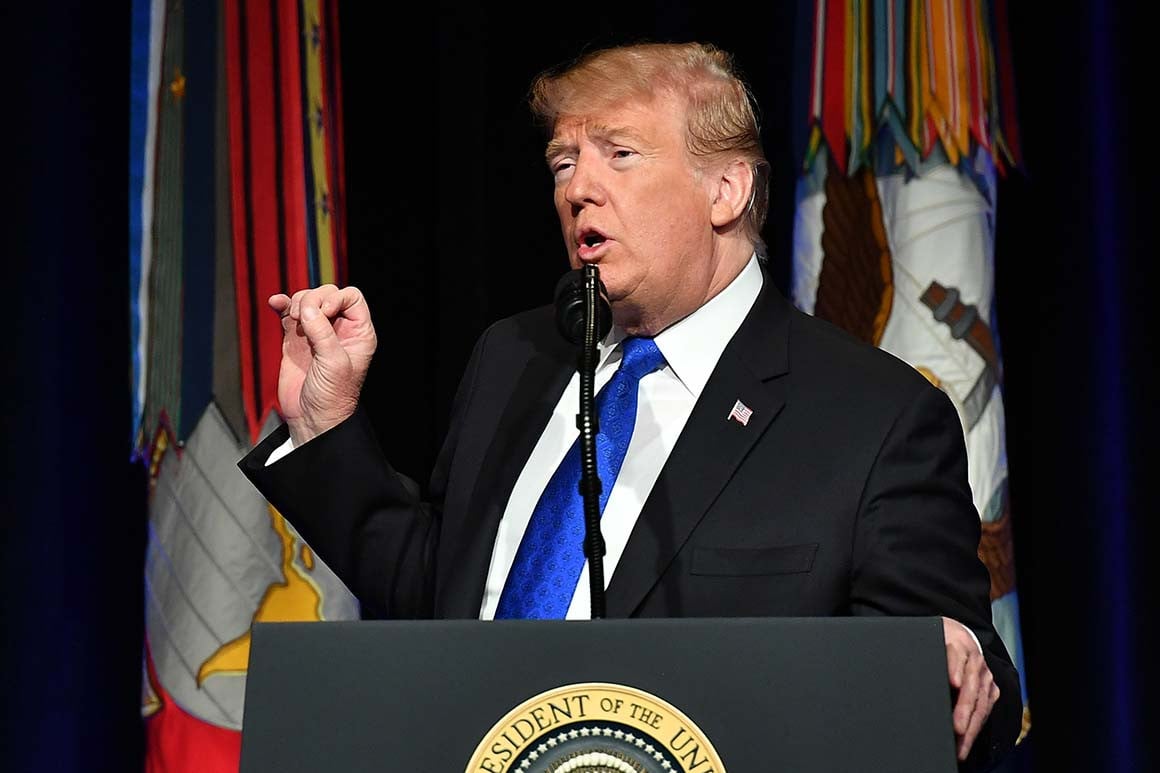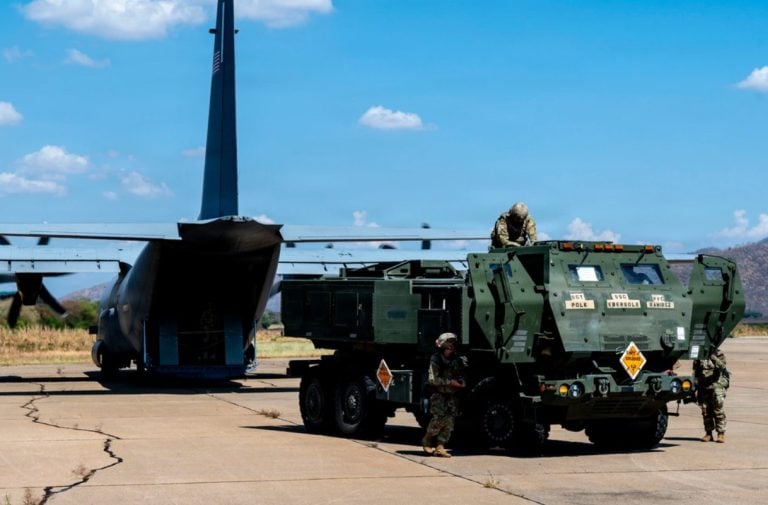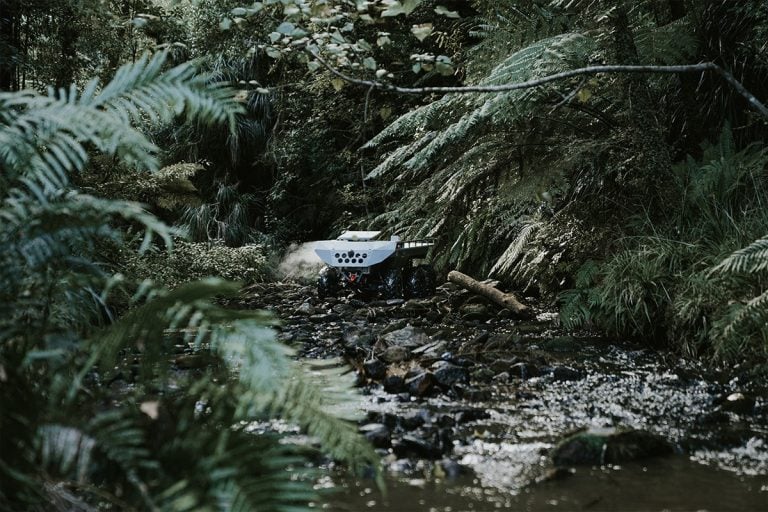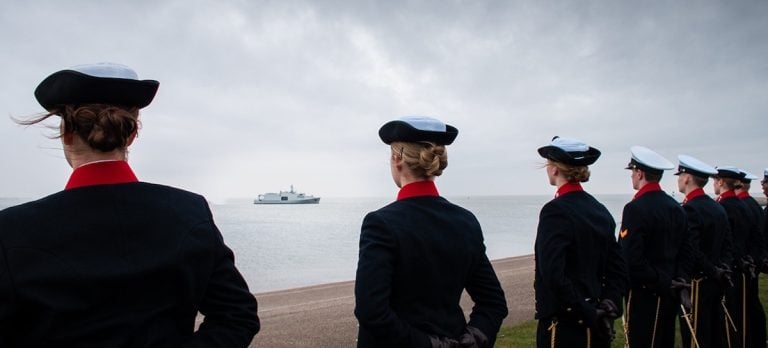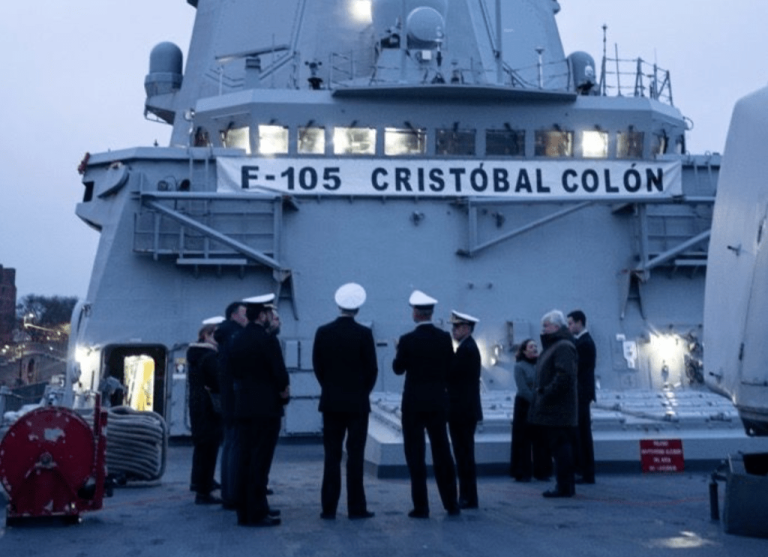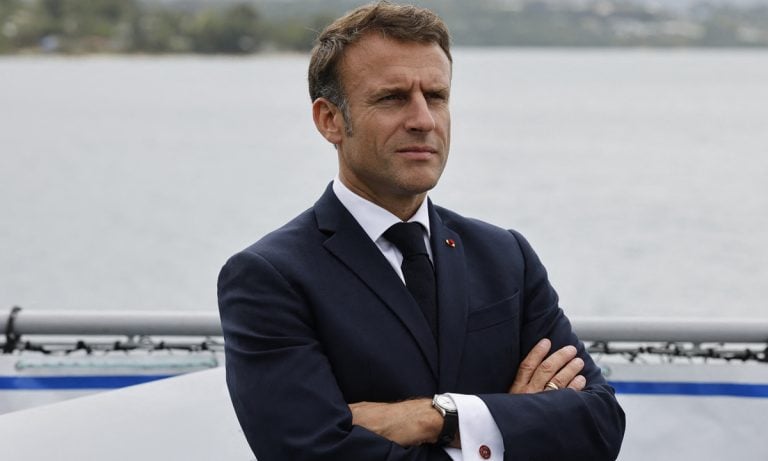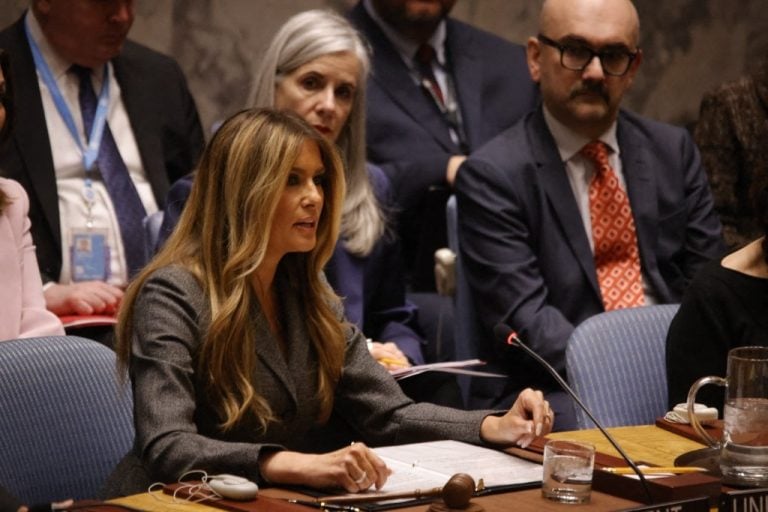In a strategic move aimed at de-escalating the ongoing conflict in Ukraine, former President Donald Trump announced that he is dispatching his envoy, Steve Witkoff, to Moscow for discussions with Russian President Vladimir Putin next week. Trump made the announcement on his Truth Social platform, indicating that only a few points of contention remain in the negotiations to finalize a peace deal.
Despite Trump’s optimism, skepticism persists among European leaders regarding the likelihood of a swift resolution, especially in light of continued Russian missile attacks on Ukrainian targets. Recently, strikes in Zaporizhzhia injured 18 people and damaged numerous apartment buildings, and the night prior, Kyiv was rocked by drone and missile strikes that left seven dead and caused extensive damage.
Trump expressed a desire to meet with both Putin and Ukrainian President Volodymyr Zelensky “soon,” but emphasized that such a meeting would only take place once a deal to end the war is either finalized or in its final stages. He suggested that his son-in-law, Jared Kushner, may accompany Witkoff to Moscow to bolster the negotiations.
Reports indicate that a proposed 28-point peace plan, initially communicated during a call between Witkoff and Putin’s foreign policy advisor, has been adjusted to better reflect Ukrainian interests. Sources familiar with the revised proposal noted that it includes a significant increase in the cap on Ukraine’s future military forces, raising it from 600,000 to 800,000 personnel. This modification is expected to resonate more positively with Kyiv authorities than the earlier draft, which had raised alarms across Ukraine and Europe by promoting several Russian objectives.
While U.S. negotiator Dan Driscoll remained optimistic after talks with Russian counterparts, French President Emmanuel Macron issued a warning about the lack of Russian readiness for a ceasefire, expressing doubt that a quick solution is feasible. The White House has acknowledged “tremendous progress” in the negotiations but has cautioned that several “delicate but not insurmountable” details need to be addressed.
Ukraine is currently enduring significant military pressure, with approximately one-fifth of its territory occupied by Russian forces. As the toll of the war rises—resulting in the deaths of tens of thousands of civilians and military personnel and the displacement of millions—some Ukrainian officials have reiterated calls for negotiations, albeit expressing concerns that proposals from Washington and the EU might not fully align with Ukraine’s national interests.
Ukrainian army Sergeant Ivan Zadontsev reflected on the public sentiment, noting that while the desire for peace is growing, there is a pervasive wariness about agreements that may not favor Ukraine’s long-term security. With the complexities of the situation remaining ever-present, British Prime Minister Keir Starmer pointed to the lengthy challenges ahead, underlining the precarious state of affairs as negotiations continue.
